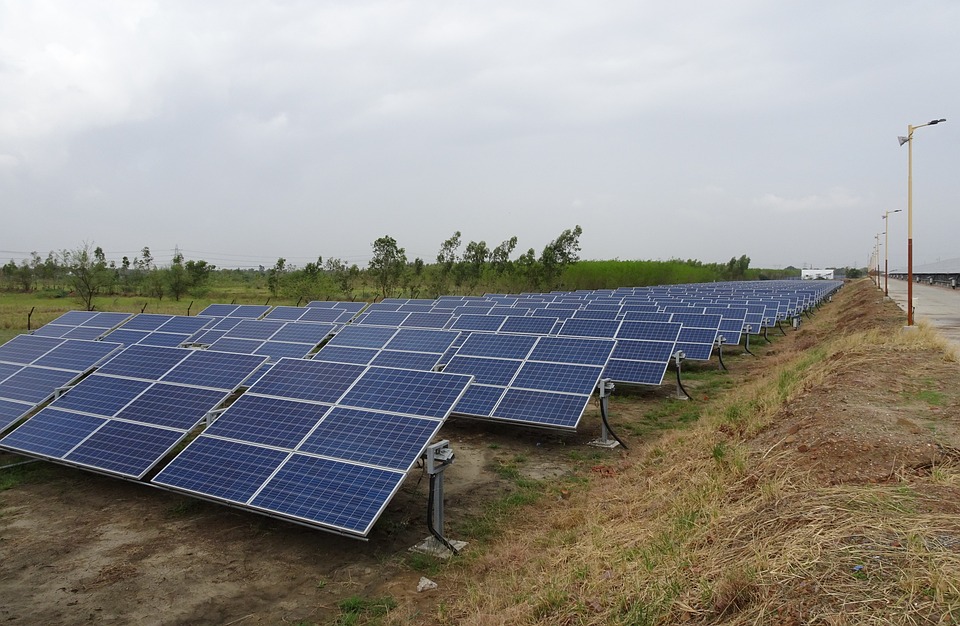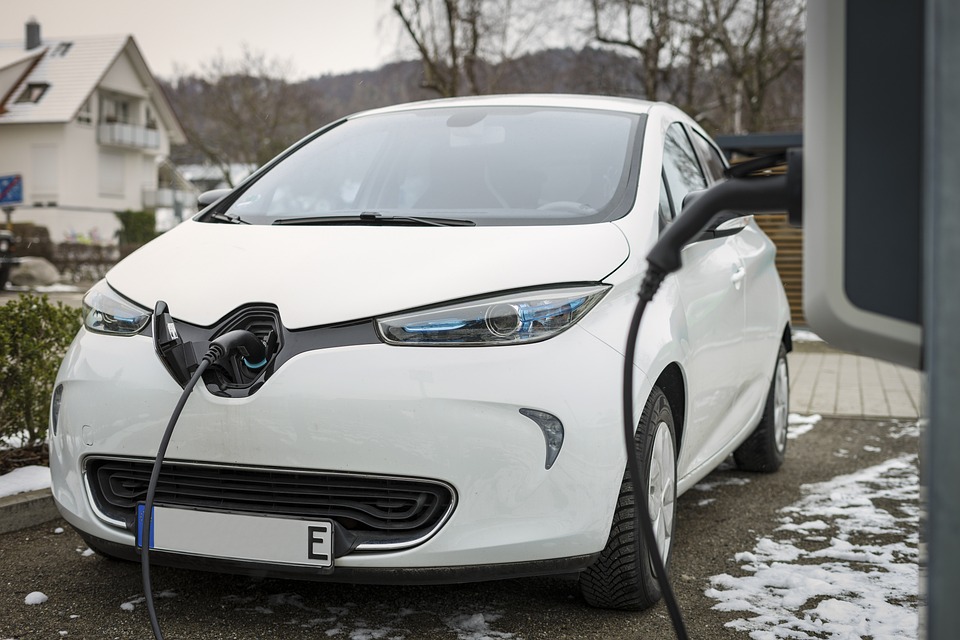[ad_1]
Lessons Learned: Global Case Studies on Implementing Successful Renewable Energy Policies
Introduction:
The dire consequences of climate change coupled with the depletion of fossil fuel reserves have led many nations around the world to prioritize renewable energy as a sustainable alternative. As a result, countries have implemented various policies to promote the adoption and growth of renewable energy sources. In this article, we will explore global case studies and examine the lessons learned from successful implementation of renewable energy policies. Furthermore, we will address frequently asked questions to provide a comprehensive understanding of this crucial issue.
Case Studies:
1. Germany: The Energiewende
Germany is widely regarded as a global leader in renewable energy adoption, thanks to its ambitious Energiewende, or Energy Transition, policy. The key lessons learned from Germany’s success include long-term planning, strong political commitment, consistent policy support, and collaboration with local communities. Germany’s feed-in tariff system and emphasis on community-based energy projects have played a significant role in fostering public support for renewable energy.
2. Denmark: Wind Power Integration
Denmark has been successful in integrating wind power into its energy mix. This achievement can be attributed to a combination of effective long-term planning, innovative regulatory frameworks, and financial incentives. Denmark’s proactive approach to research and development, grid expansion, and international collaboration has paved the way for the widespread implementation of wind power. The Danish experience underscores the importance of a holistic approach that encompasses technological advancements, supportive policies, and international cooperation.
3. California, USA: Aggressive Renewable Portfolio Standards
California’s Renewable Portfolio Standards (RPS) have been instrumental in propelling the state to the forefront of renewable energy adoption in the United States. By mandating utilities to procure a certain percentage of their energy from renewable sources, California has created a stable market for renewable energy development. The state’s approach highlights the significance of regulatory clarity, consistent targets, and incentivizing innovation through competitive auctions and financial support.
4. China: Rapid Expansion of Solar Photovoltaics
China’s remarkable growth in solar photovoltaic (PV) installations is a testament to its successful renewable energy policies. Central government support, strong manufacturing capabilities, and a focus on reducing costs have enabled China to become the world’s largest producer of solar PV. The Chinese case emphasizes the importance of clear policy guidance, market incentives, and coordination between national and regional authorities.
FAQs:
1. Are renewable energy policies cost-effective?
Yes, renewable energy policies can be cost-effective in the long run. While the initial investment may be higher compared to conventional energy sources, renewable energy technologies have experienced significant cost reductions over the years. Moreover, the benefits of renewable energy, such as reduced carbon emissions and improved energy security, outweigh the initial costs.
2. What role does public support play in implementing renewable energy policies?
Public support is crucial for the successful implementation of renewable energy policies. Governments should engage with communities, raise awareness about the environmental benefits of renewable energy, and address any concerns regarding potential drawbacks. The involvement of local communities can foster a sense of ownership and allow for better integration of renewable energy projects.
3. What are the main challenges faced when implementing renewable energy policies?
Challenges in implementing renewable energy policies include the need for substantial initial investment, grid integration, regulatory barriers, and resistance from vested interests. Overcoming these challenges requires long-term planning, supportive policies, financial incentives, and collaboration between various stakeholders.
4. How can countries learn from each other’s experiences?
Countries can learn from one another by studying successful case studies and exchanging best practices. International collaborations, knowledge sharing platforms, and participation in global initiatives, such as the International Renewable Energy Agency (IRENA), provide opportunities for countries to learn from each other and accelerate their renewable energy transition.
Conclusion:
Global case studies on implementing successful renewable energy policies offer valuable insights for countries aspiring to transition to clean energy sources. Long-term planning, political commitment, conducive regulatory frameworks, financial incentives, and community engagement are key factors identified across these case studies. By learning from these examples and addressing common challenges, countries can embark on a path towards a sustainable and greener future.
[ad_2]



